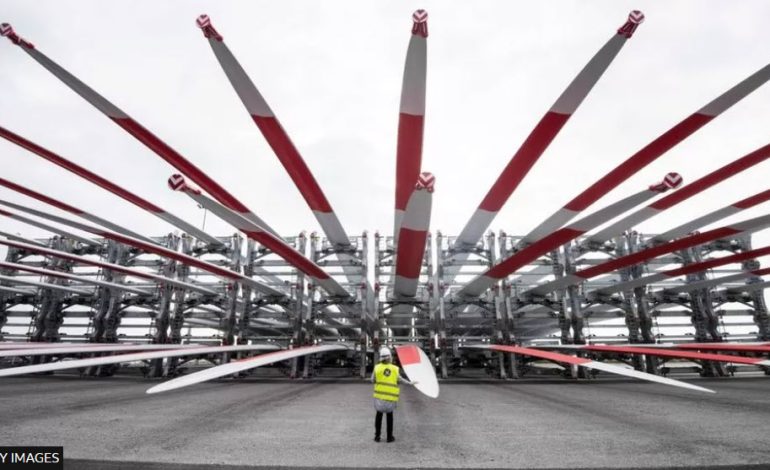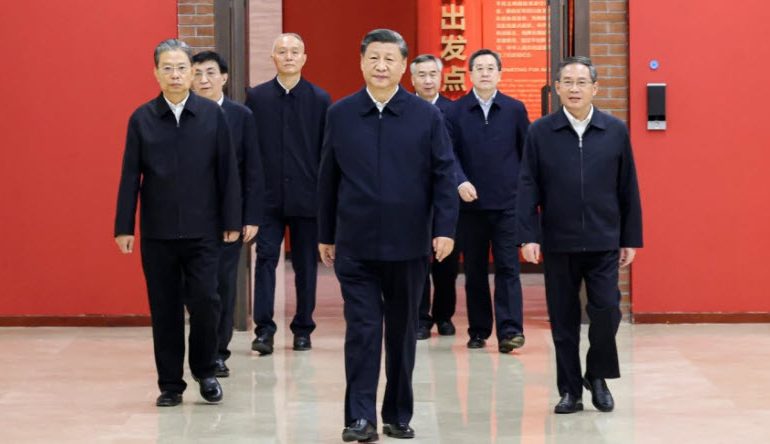
Industrial espionage: How China sneaks out America’s technology secrets
By Nicholas Yong
16 January 2023
It was an innocuous-looking photograph that turned out to be the downfall of Zheng Xiaoqing, a former employee with energy conglomerate General Electric Power.
According to a Department of Justice (DOJ) indictment, the US citizen hid confidential files stolen from his employers in the binary code of a digital photograph of a sunset, which Mr Zheng then mailed to himself.
It was a technique called steganography, a means of hiding a data file within the code of another data file. Mr Zheng utilised it on multiple occasions to take sensitive files from GE.
GE is a multinational conglomerate known for its work in the healthcare, energy and aerospace sectors, making everything from refrigerators to aircraft engines.
The information Zheng stole was related to the design and manufacture of gas and steam turbines, including turbine blades and turbine seals. Considered to be worth millions, it was sent to his accomplice in China. It would ultimately benefit the Chinese government, as well as China-based companies and universities.
Zheng was sentenced to two years in prison earlier this month. It is the latest in a series of similar cases prosecuted by US authorities. In November Chinese national Xu Yanjun, said to be a career spy, was sentenced to 20 years in prison for plotting to steal trade secrets from several US aviation and aerospace companies – including GE.
It is part of a broader struggle as China strives to gain technological knowhow to power its economy and its challenge to the geopolitical order, while the US does its best to prevent a serious competitor to American power from emerging.
The theft of trade secrets is attractive because it allows countries to “leapfrog up global value chains relatively quickly – and without the costs, both in terms of time and money, of relying completely on indigenous capabilities”, Nick Marro of the Economist Intelligence Unit told the BBC.
Last July FBI director Christopher Wray told a gathering of business leaders and academics in London that China aimed to “ransack” the intellectual property of Western companies so it can speed up its own industrial development and eventually dominate key industries.
He warned that it was snooping on companies everywhere “from big cities to small towns – from Fortune 100s to start-ups, folks that focus on everything from aviation, to AI, to pharma”.
At the time, China’s then foreign ministry spokesman Zhao Lijian said Mr Wray was “smearing China” and had a “Cold War mentality”.


